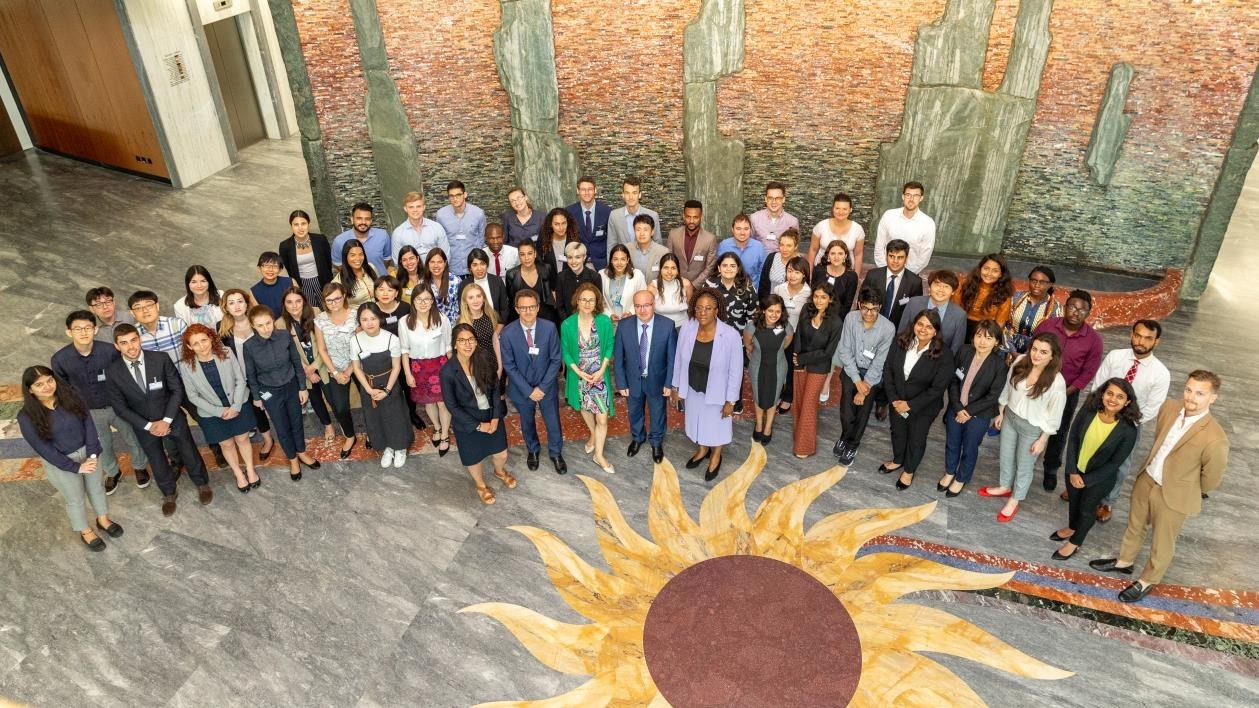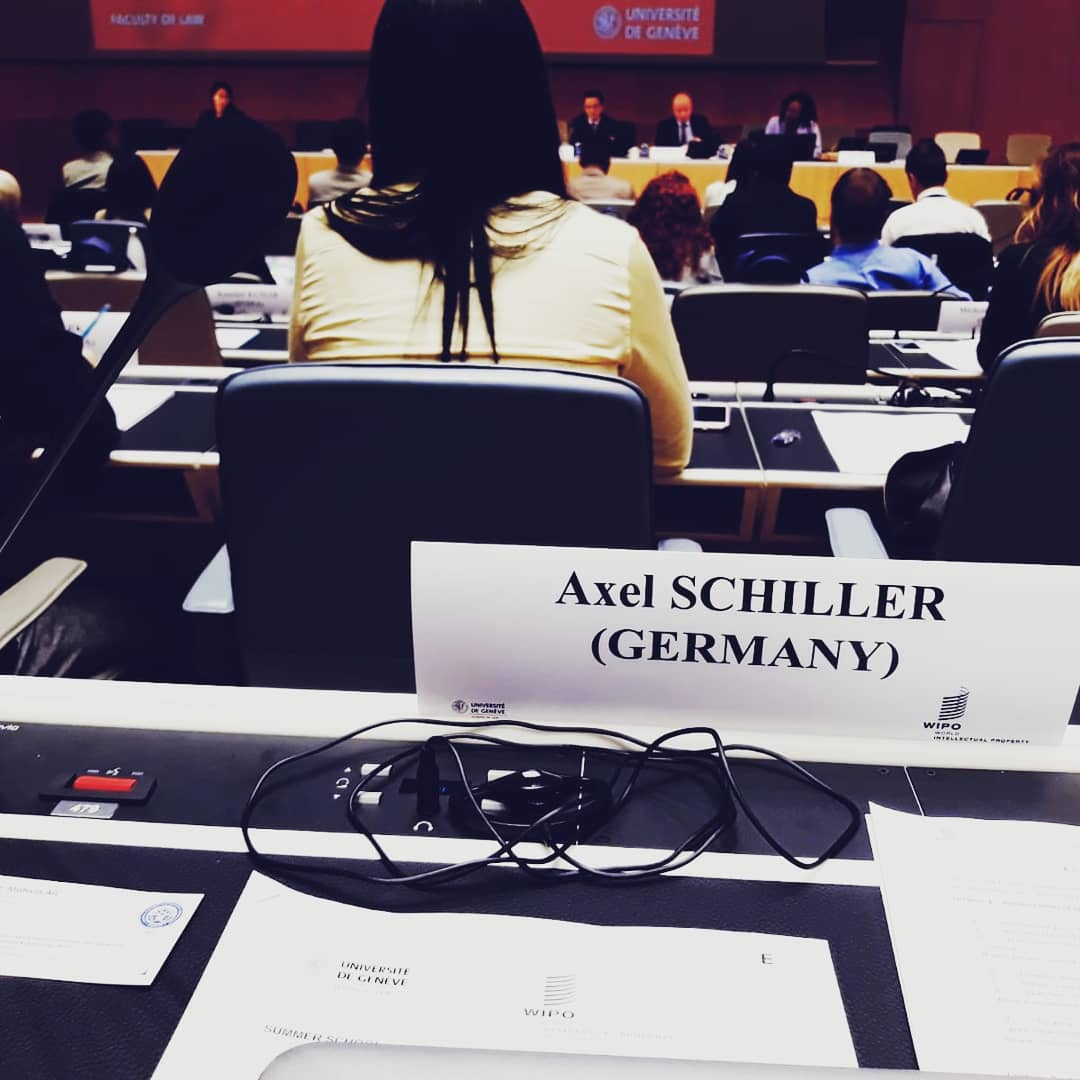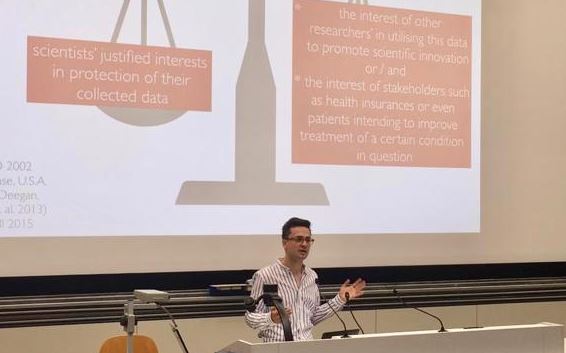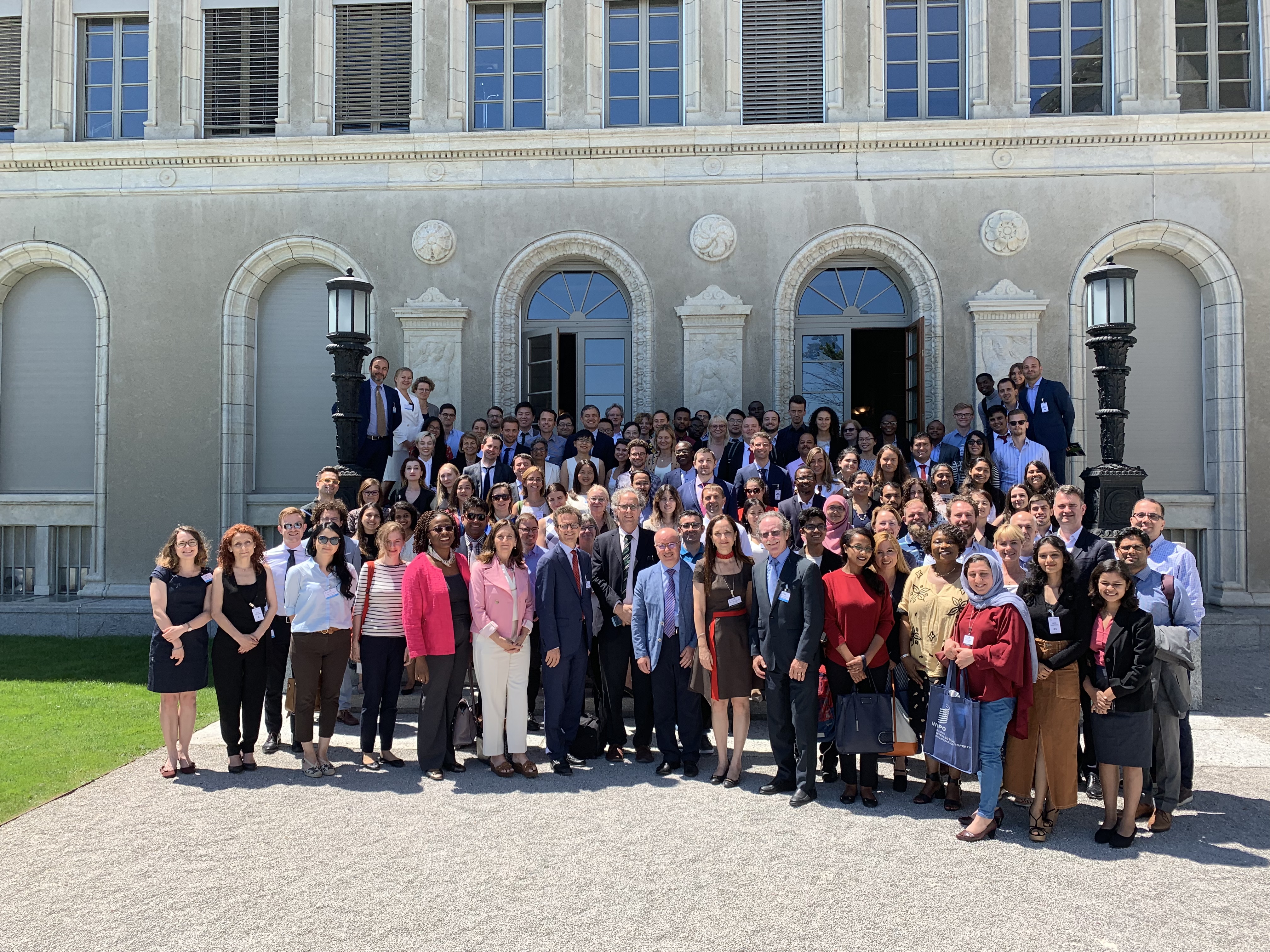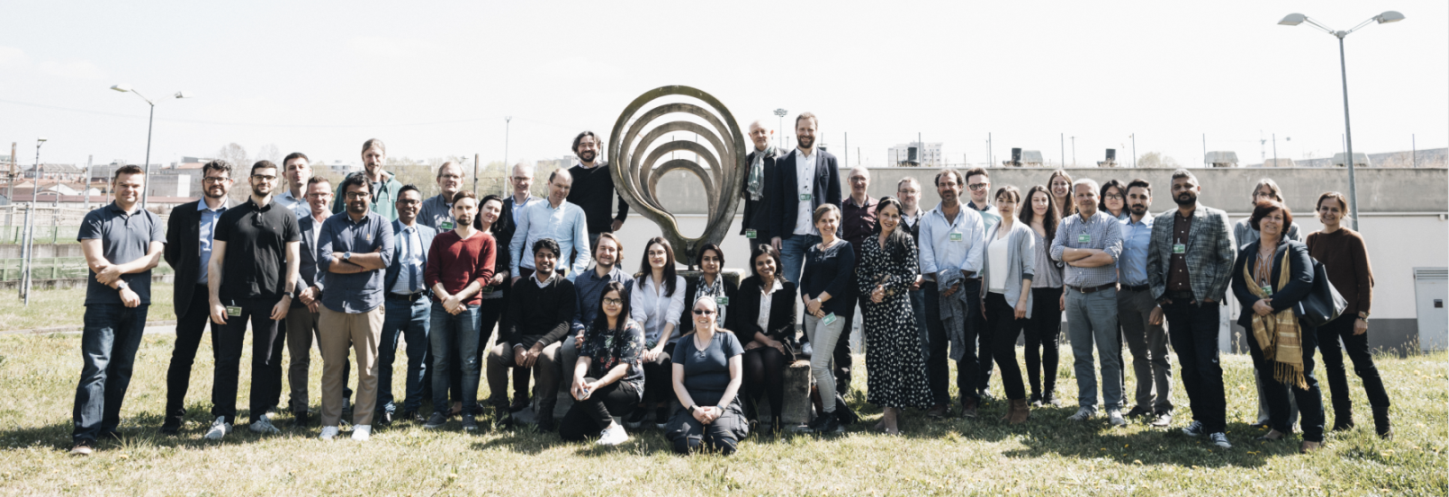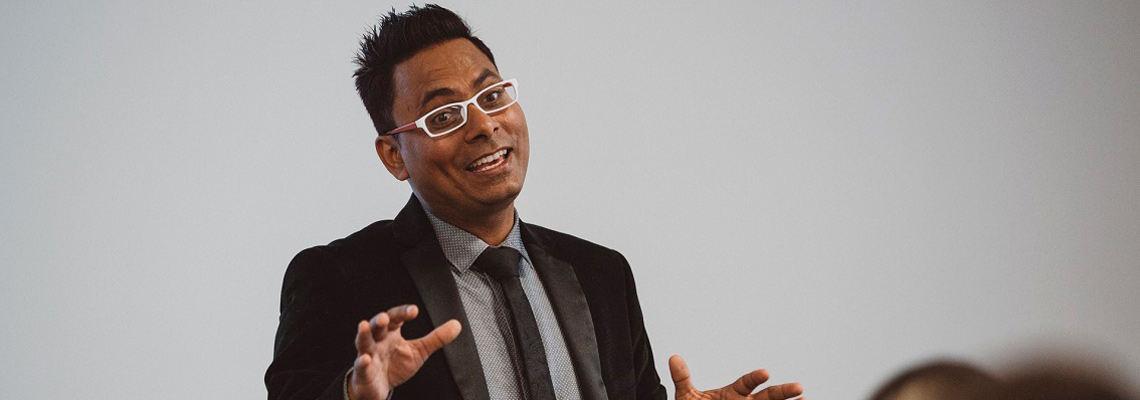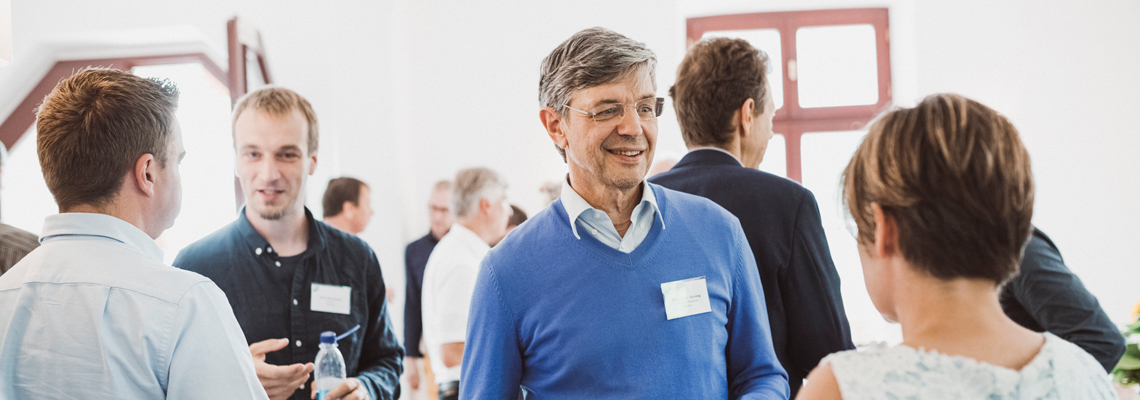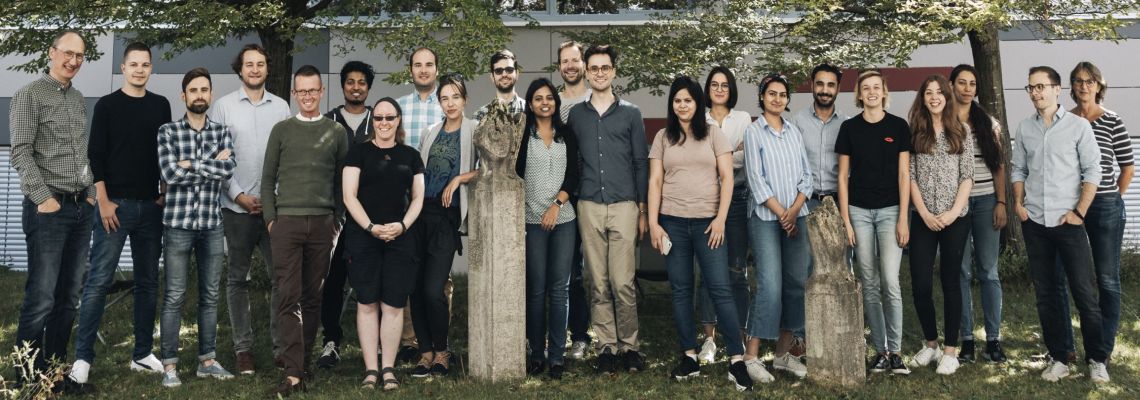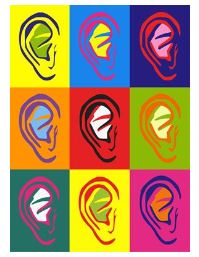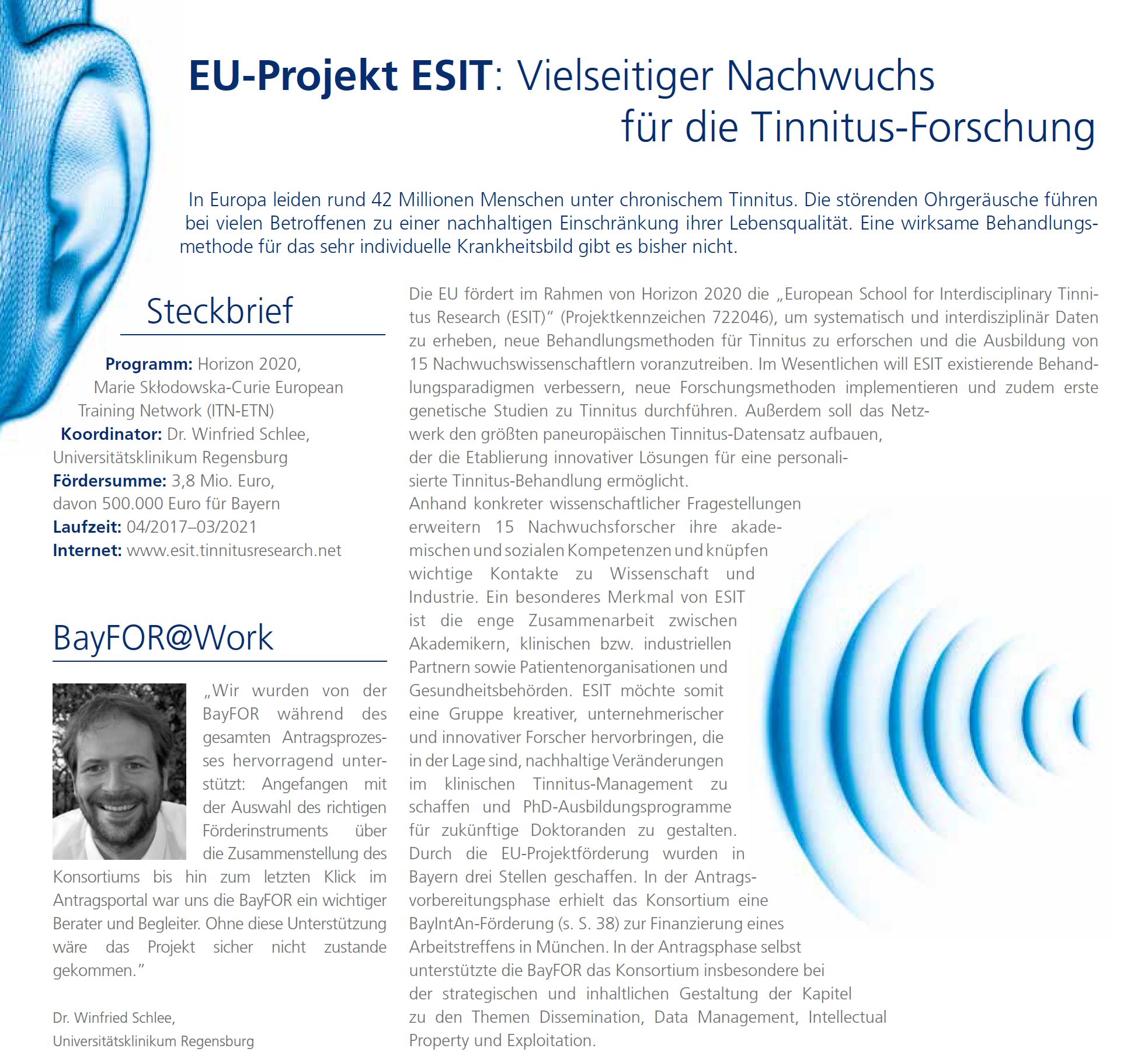ESIT Project Network Manager Axel Schiller recently was fortunate to attend the 2019 Summer School on Intellectual Property (IP) hosted by the World Intellectual Property Organisation (WIPO) in Geneva, in cooperation with the University of Geneva (UNIGE). This was an international training event of two weeks, comprising lectures by leading experts in the field as well as policy makers, enabling a group of 60 participants from over 20 countries access to insightful learning and exceptional networking activities, creating new, enriching, interdisciplinary contacts between continents - mirroring exactly the intention of ESIT.
Due to his training and experience, Axel was already aware of the importance of IP rights such as patents, utility models, trademarks, designs, plant protection, and many others, not only for the protection of creative ideas, but also for being a driving force behind innovation and scientific progress. There is a notable balance between the legal exclusivity granted to IP right holders, while at the very same time allowing societies access to cutting-edge, transformative new developments through the publication of technological knowledge in the form of IP publication documents. In fact, in certain areas of science and technology, the majority of knowledge is contained within patent literature even nowadays!
Without doubt, IP is especially relevant for the medical sector and research in this area, with new forms of investigation and international collaboration emerging, frequently raising questions of ownership of data, data protection, ethical and cultural concerns, and even the protection of traditional knowledge.
The Summer School, which was divided into two parts, the first at the WIPO headquarter (itself a sub-organisation of the UN) and the second at UNIGE, dealt with recent developments and emerging trends in international and regional (e.g. EU) IP law, comprising also the health-relevant areas of technology transfer from universities to the private sector and resulting cooperations, patentability of medical inventions and genetic findings, sustainable development goals, artificial intelligence, big data and health, research and confidentiality agreements, copyright, data ownership and data protection, international dispute settlement, and many others.
In between the two course weeks, there was also the exceptional opportunity to attend the Intellectual Property Researchers in Europe (IPRE) Conference, held at WIPO and the World Trade Organisation (WTO) headquaters, hosting leading IP researchers lecturing on recent developments in the field, enabling even more intersectoral exchange and potential collaboration accross countries.
This has been an outstanding opportunity to represent the ESIT consortium at an international level and in an area that is of central importance to any scientific research and especially innovation in the medical field, but which, at the same time, is frequently overlooked. Therefore, Axel is very much looking forward to applying his knowledge and experience in IP with regards to ESIT findings and spreading the word about the beneficial instrument of IP protection.
